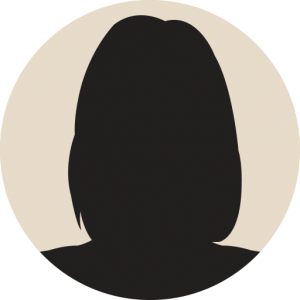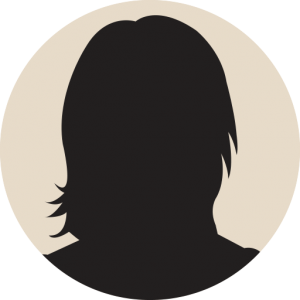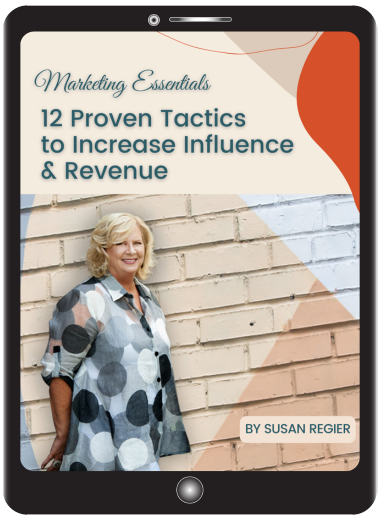Creative Writing Program
Learn How To Write A Great Story
Online lessons with private instructor and personal critiques.
This program is designed to help you unlock your unique writing potential, whether you’re working on short stories, novels, fiction, non-fiction, or writing for children. Whether you’re writing a book to showcase your expertise, crafting a memoir for future generations, or diving into a mystery novel, this program is the perfect place to begin.
Getting started is often the hardest part, but with this program, you’ll not only get started—you’ll make real progress toward completing your work!
Throughout the program, you’ll discover proven techniques to boost your creativity and fine-tune your writing skills.
You’ll learn how to develop authentic characters, write realistic dialogue, and use sensory detail to bring your stories to life. Plus, you’ll create multiple pieces of writing that will receive personalized feedback from Susan, ensuring you stay on track and continue improving.
Here’s what’s included in the program:
- Weekly Lessons: Each week, you’ll receive a new lesson with handouts, audio instructions, and transcripts to guide you through the process.
- Weekly Quizzes: Test and improve your writing skills with weekly quizzes that reinforce key lessons.
- Writing Exercises: Tailored exercises to help you enhance your writing style and voice.
- Weekly Assignments: Each week, submit 500 words for review, plus one larger assignment (up to 1,500 words) to develop your story further
- Personalized Critiques: Weekly, honest feedback on all writing assignments to help you refine your craft.
- Writer’s Library Reference List: A curated list of essential resources to support your growth as a writer.
- Private Weekly Check-ins: 20-minute one-on-one calls (via phone or Zoom) with Susan to discuss your progress and address any questions.
- Ongoing Email Support: Reach out for support, guidance, or feedback whenever you need it.
- 52 Writing Prompts: A year’s worth of creative prompts to keep you inspired and writing long after the program ends.
To register, let’s talk today!
The curriculum for this program has been taken from the content I created for my Creative Writing students in the Continuing Education Department at Fanshawe College, London, Ontario.
Week One: Jumping In
We’ll start by identifying your writing goals and creating a plan for developing productive writing habits. Learn how to find inspiration, capture ideas, and store them for future reference—setting a strong foundation for the work ahead.
Week Two: Creating Believable Characters
Whether you’re writing fiction or non-fiction, strong characters are essential. Learn how to craft well-rounded characters that feel real and relatable, making them unforgettable to your readers. You’ll be able to describe a character so vividly that readers can easily recognize them in any crowd.
Week Three: Setting & Plot
A compelling story needs more than just a great character—it needs a problem to solve. Explore the “Twelve-Point Process for Plotting” to structure your story and master the art of conflict that drives tension and keeps readers hooked. Plus, we’ll focus on using sensory details to bring your world to life.
Week Four: Viewpoint & Dialogue
Learn how to choose the best point of view for your story and the techniques to give your narrative a distinct voice. You’ll also learn how to write realistic, engaging dialogue that will make your characters leap off the page.
Week Five: Moving from Scene to Scene
Effective transitions and flashbacks are key to keeping your story flowing. Learn tips and techniques to move smoothly between scenes and time frames while maintaining the rhythm and continuity of your narrative.
Week Six: Short Stories vs. Novels & Writing for Children
Understand the key differences between short stories, novels, and writing for children. Explore how the scope of your story’s problem influences its structure and how to tailor your writing to different age groups, including word counts and style for various children’s categories.
Week Seven: Editing Your Work
“Write first, edit later” is the mantra—but once it’s time to edit, we’ll dive deep. Learn how to spot common errors, eliminate weak modifiers, and tighten your prose. You’ll practice revising your work until it’s sharp, impactful, and free of clichés.
Week Eight: Creativity in All Your Writing
From crafting compelling titles to writing irresistible leads, you’ll discover how to capture your reader’s attention from the very first sentence. Learn to create dynamic, engaging openings that pull readers into your story or article, and leave them eager for more.
Week Nine: Marketing Your Manuscript
The business of writing: How do you take your finished manuscript and get it into the hands of readers? Learn how to prepare your manuscript for submission, craft a compelling story synopsis, and navigate the publishing world. Whether you’re pursuing traditional publishing or self-publishing, we’ll cover your options, including how to handle rejection and what to expect when you land a deal.



